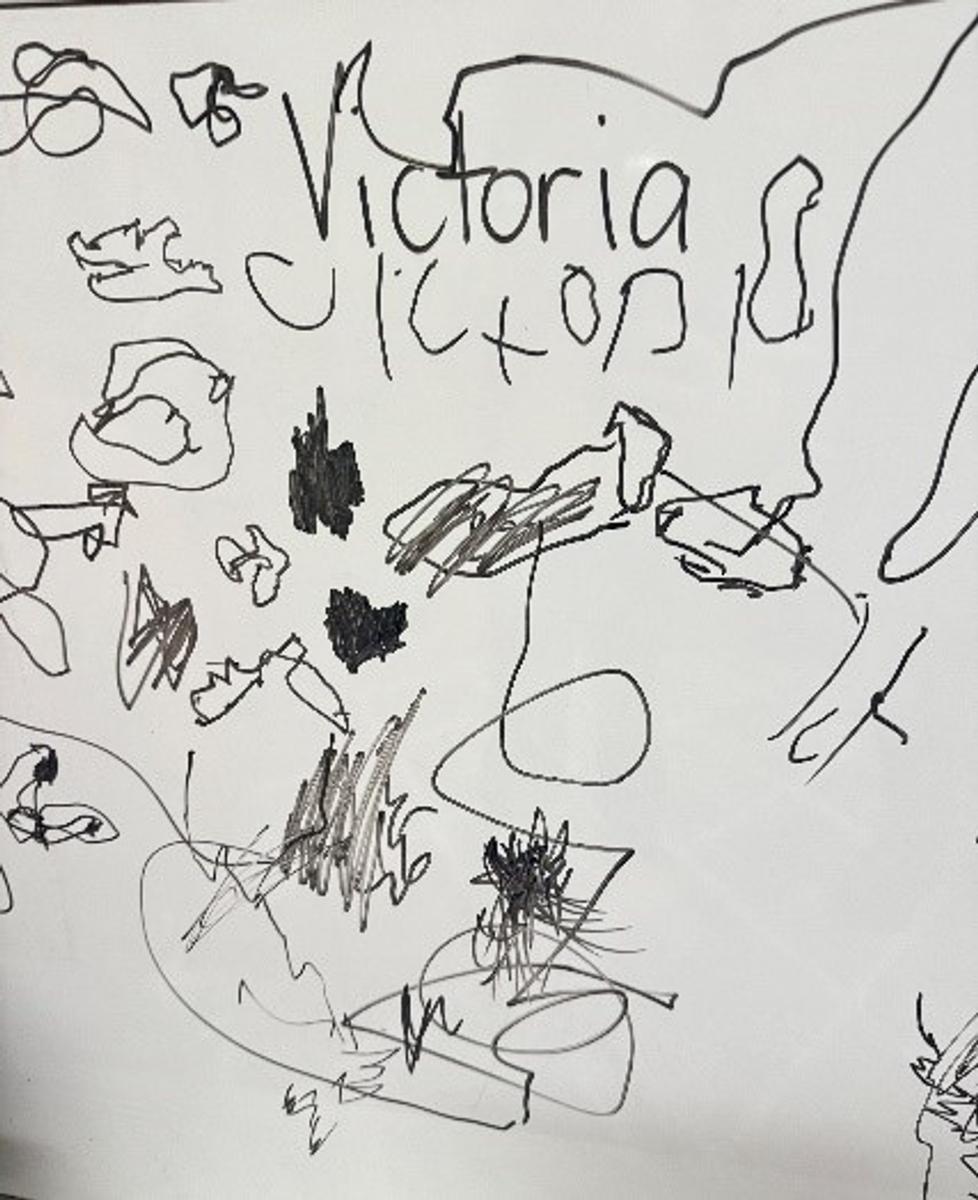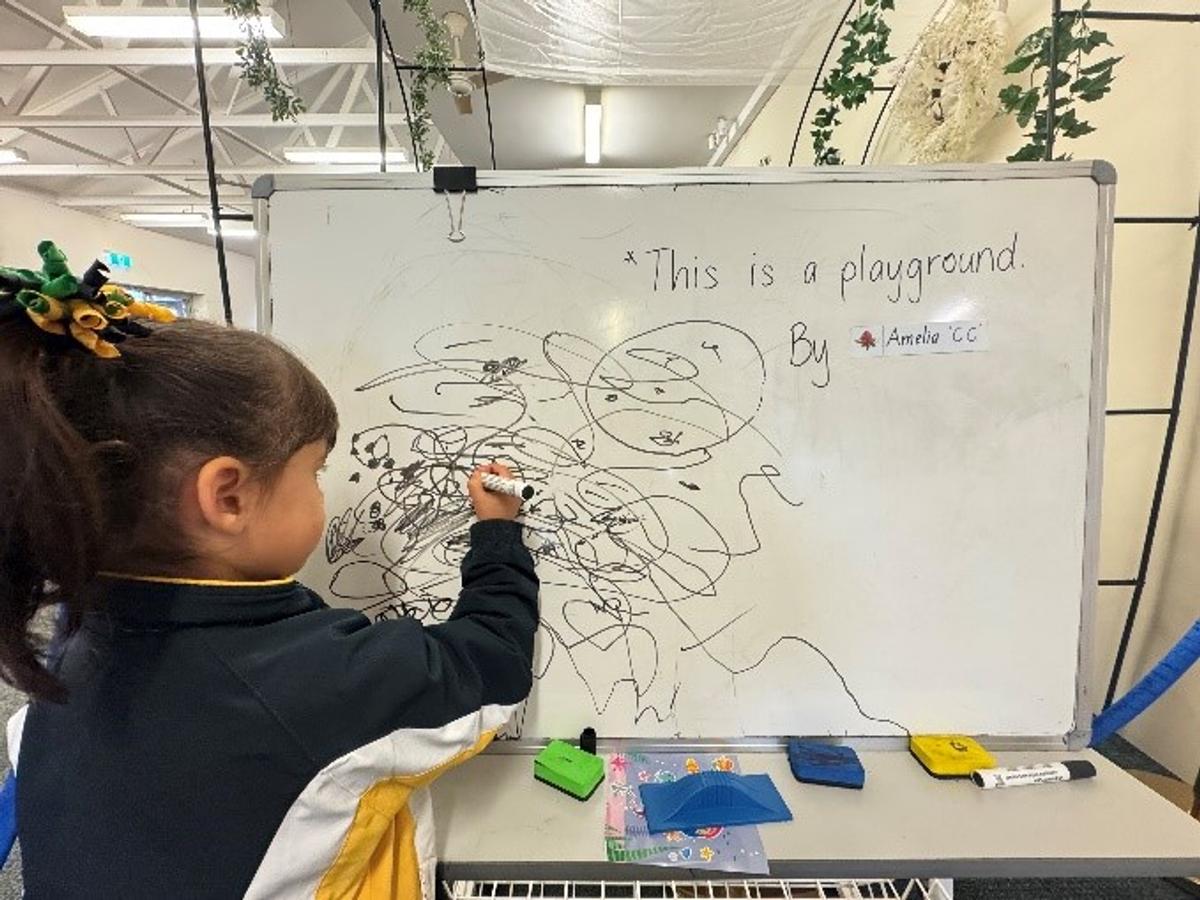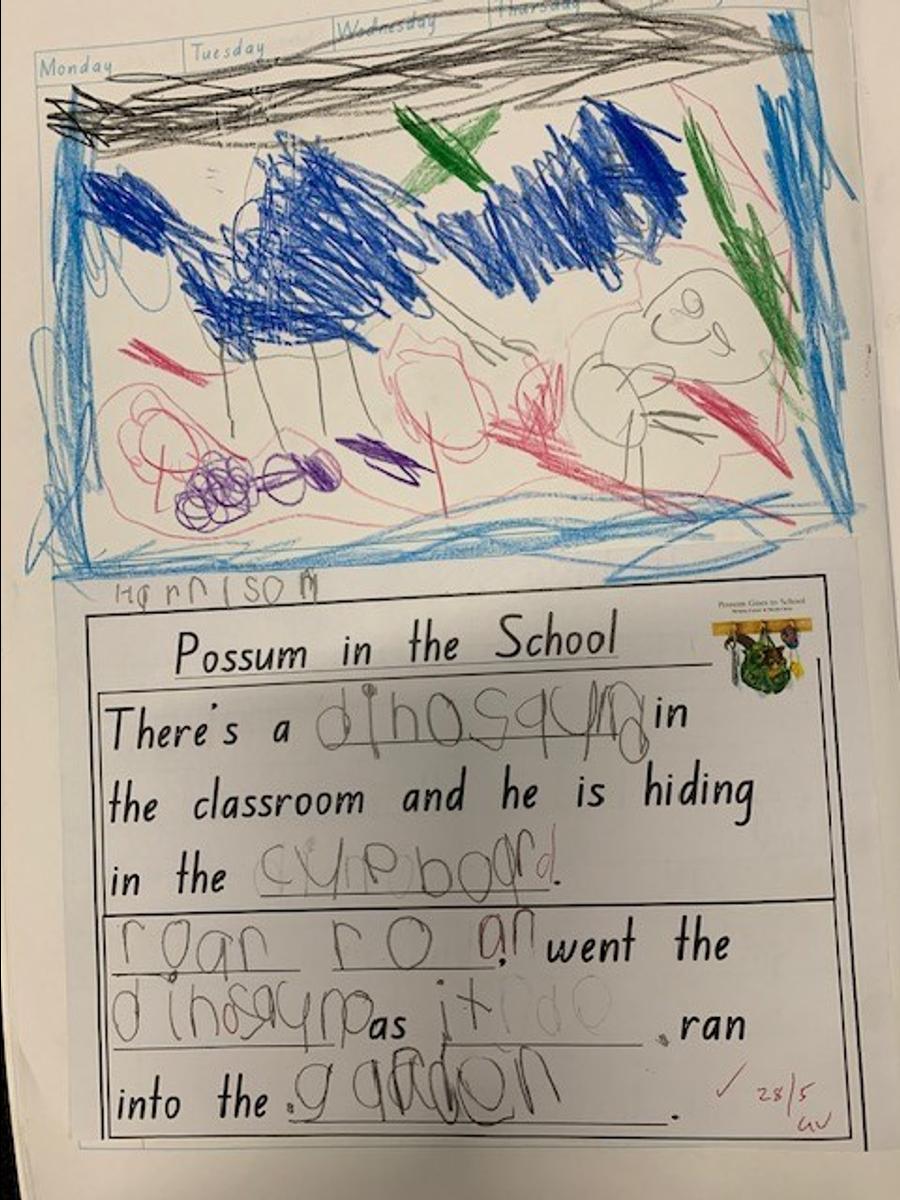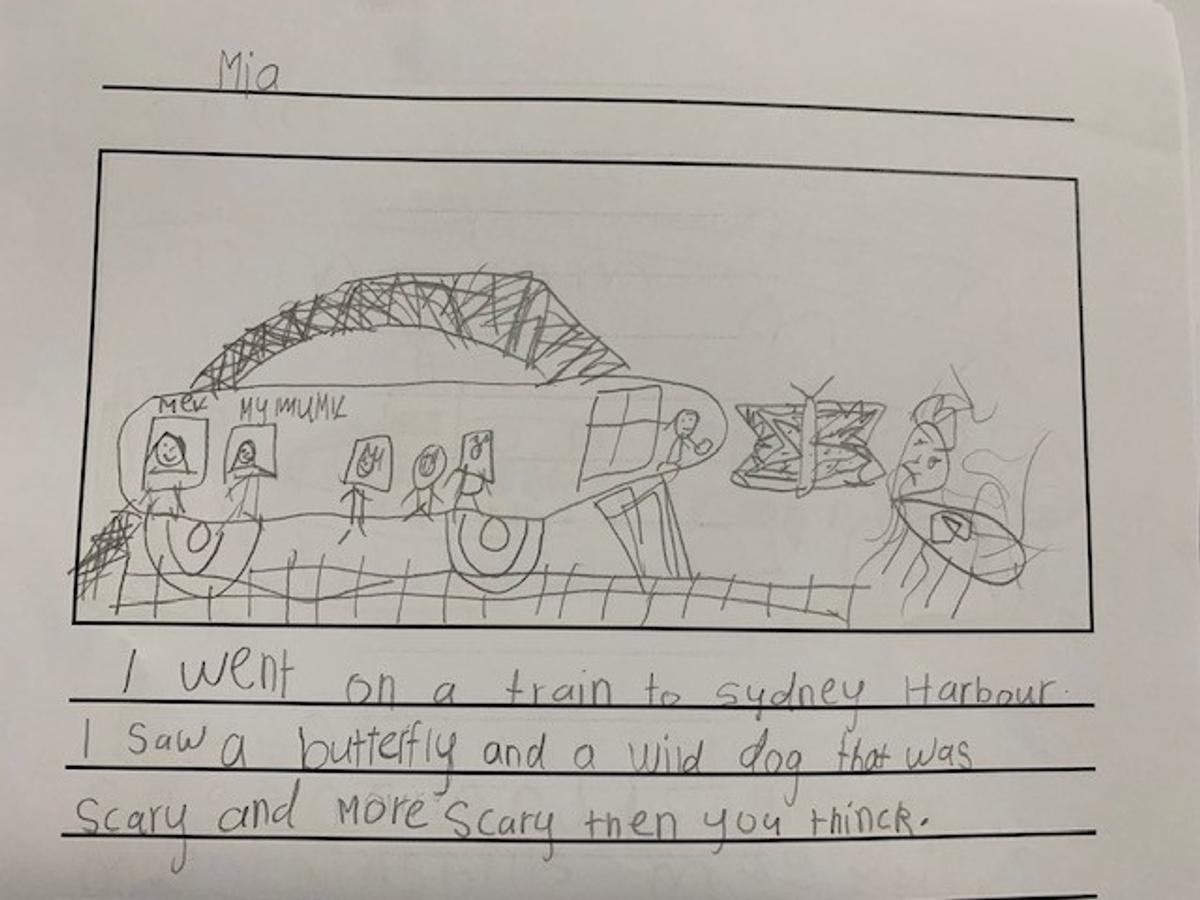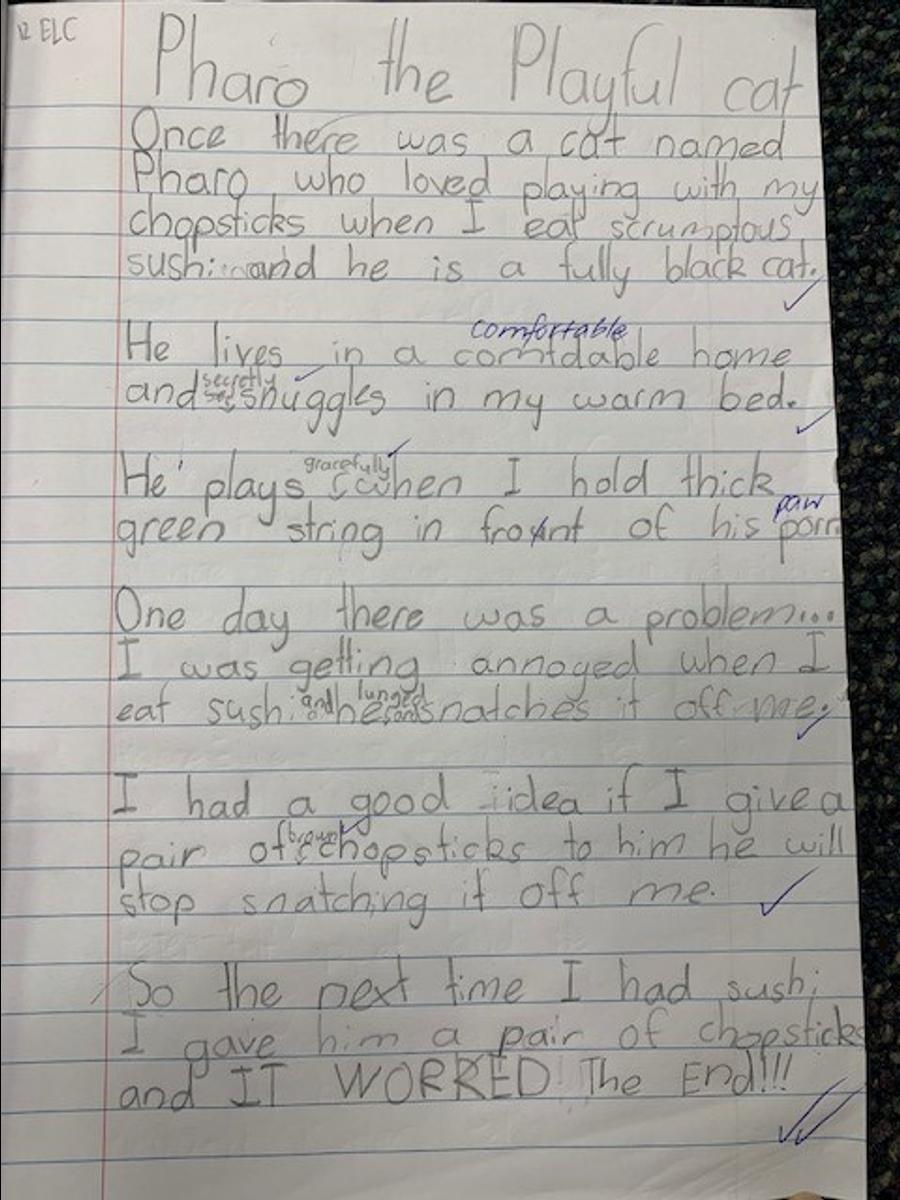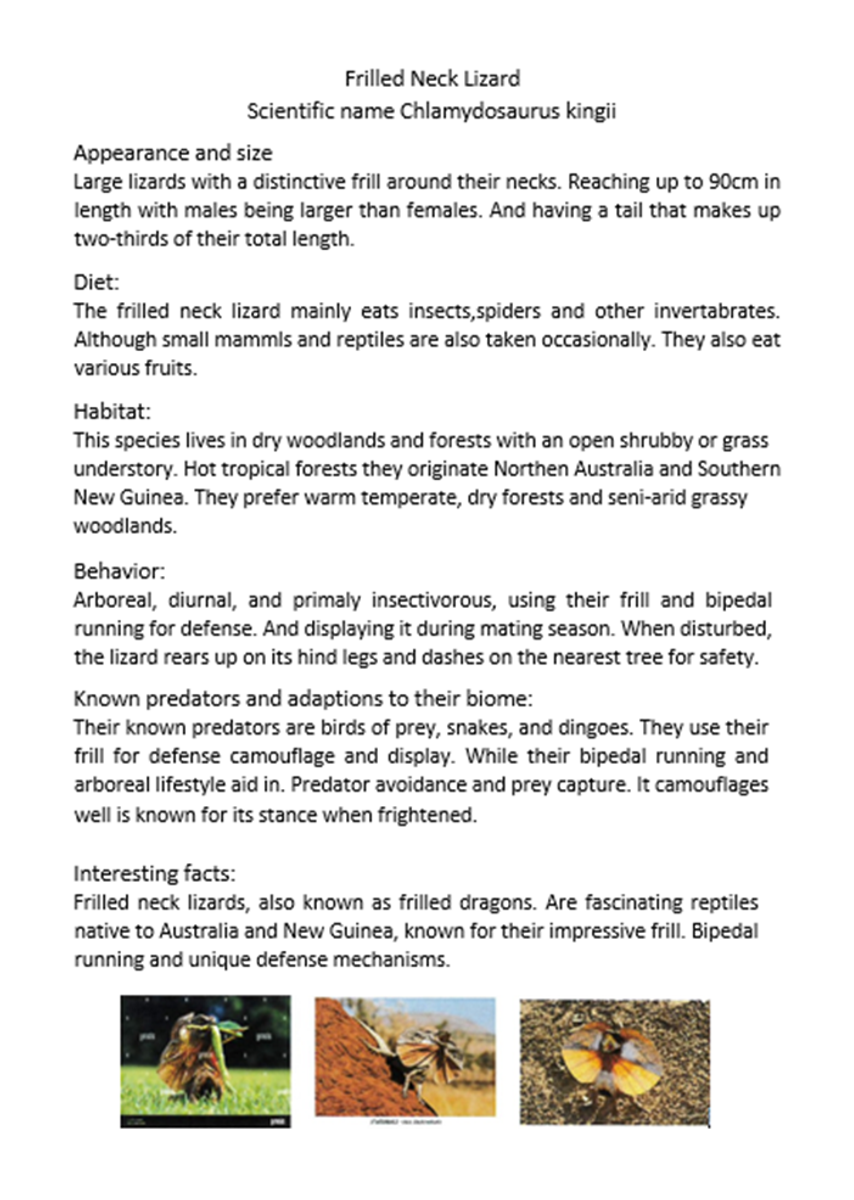From the Head of Junior School
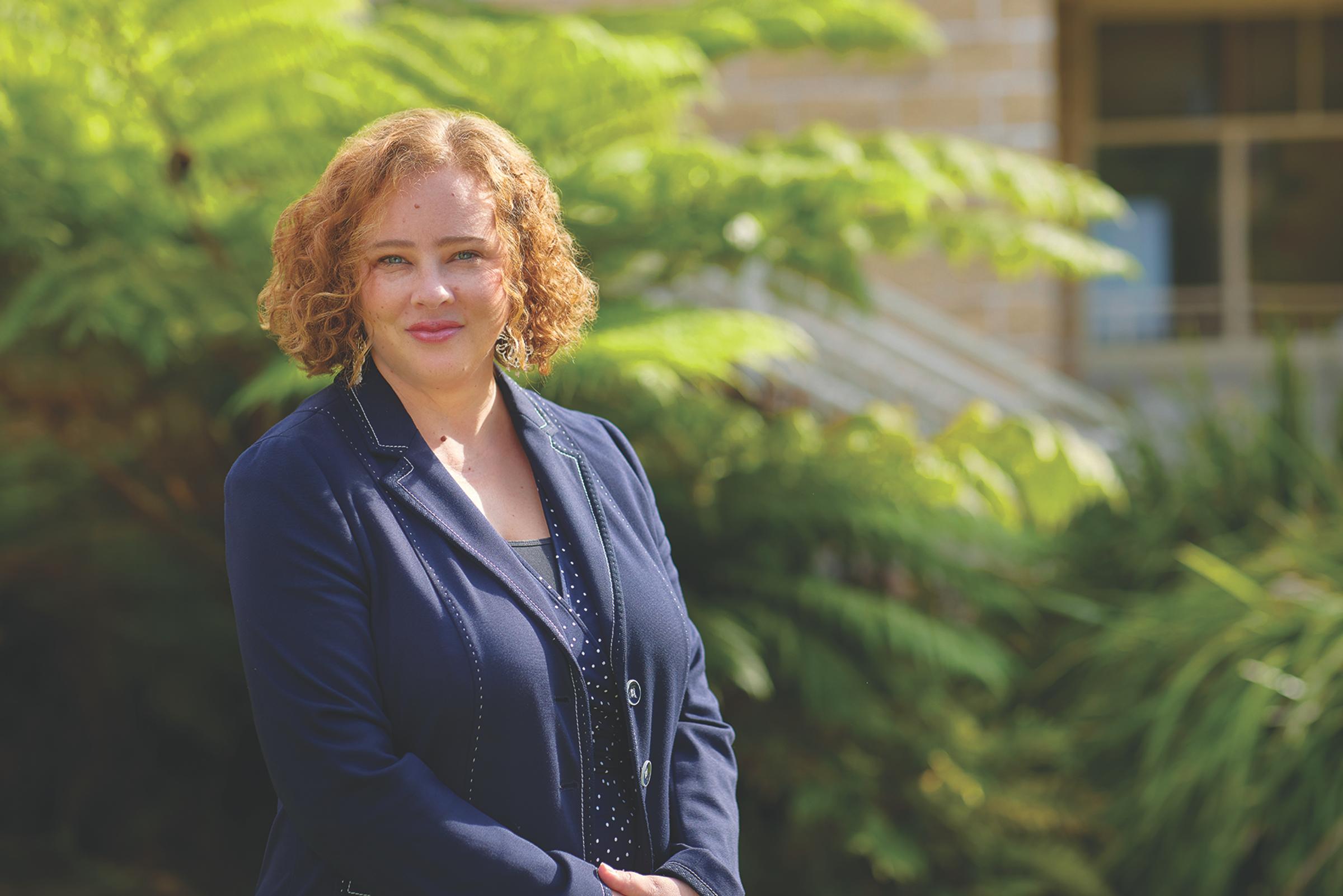
Building Strong Writers: From Early Foundations to Year 6 Mastery
In NSW primary schools, teaching writing is a carefully structured journey that begins with foundational skills in the early years and progresses towards crafting complex and sophisticated pieces by the end of Year 6.
Our school has the advantage of beginning this journey in Pre Kindergarten. Our Early Childhood specialist teachers use the “mark making” opportunities to build an interest in drawing and writing, and they build the physical strength and skills children need to learn to write. Many children begin this before formal schooling and our Pre K staff guide children in their interest in this area.
Early primary years focus on developing essential literacy skills such as letter formation, phonics, vocabulary building, sentence structure, and basic punctuation. Teachers encourage young learners to express their ideas clearly and confidently, nurturing a love for storytelling and communication. In Kindergarten children start with lots of drawing and Art, writing one letter – then a word – then a sentence – and finish the year able to write multiple sentences around one idea.
Recent research underscores the importance of Year 1 in writing development. A study found that children made significant improvements in text structure and vocabulary use between the middle and end of Year 1, highlighting this period as crucial for writing growth. However, gains in sentence structure and punctuation were smaller, suggesting that these areas may require more focused attention. This happens systematically in InitiaLit.
Our Stage 1 students become proficient at writing good sentences. They take on experimenting with writing for different purposes. They have written persuasive texts this year, informative texts and imaginative texts, recently finding joy and success in writing poetry.
As students advance through the stages of primary education, the writing curriculum increasingly emphasizes higher-order skills. By Year 3 and Year 4, children learn to organize their thoughts into paragraphs, use varied sentence types, and explore different writing styles. Research indicates that writing needs to be taught and practiced consistently throughout primary education. A study revealed that many Australian schools may be dropping the focus on writing too early, potentially impacting students' writing skills as they progress through the grades. It’s essential to practise, practise, practise – on paper and with technology.
By the time students reach Year 5 and Year 6, they are equipped to plan, draft, revise, and publish complex writing pieces. This includes developing coherent arguments, incorporating descriptive language, using advanced punctuation, and tailoring their writing for specific audiences and purposes. We’ve recently been impressed with our debating students who are improving in their ability to write persuasive arguments, including as rebuttals done under time pressure.
This progressive approach not only enhances students’ technical writing abilities but also fosters critical thinking, creativity, and effective communication - skills essential for success beyond primary school. At Blue Mountains Grammar School, we are in an enviable position to know that this continues on right into Year 7. Not all children will achieve the same outcomes at the same time – the important thing is to know where children ARE with their writing and for teachers and students to commit to continued progress.
Rachael J Newton
Assistant Principal – Head of Junior School
